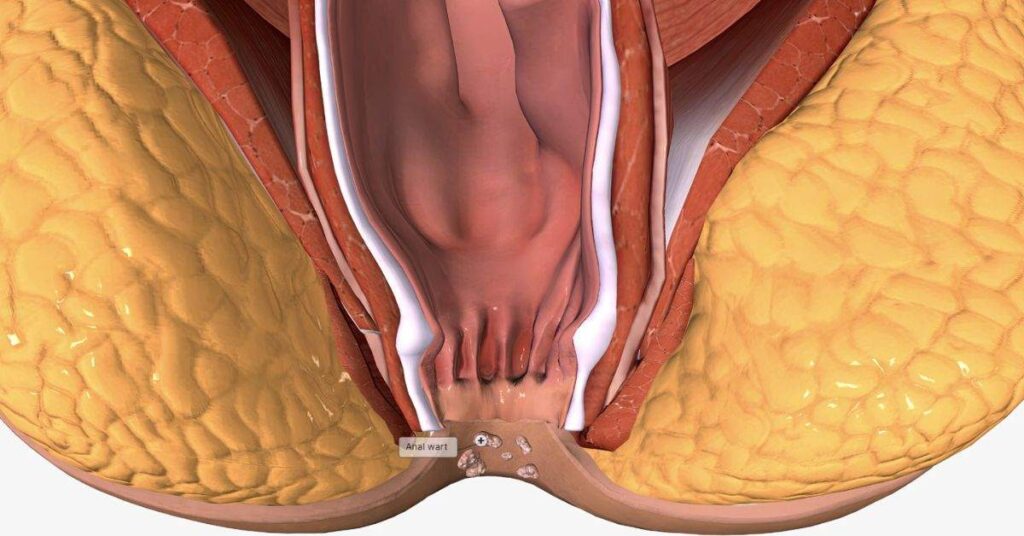Anal fissures are small tears or cuts in the lining of the anus, which can cause significant discomfort and pain. These fissures are a common condition that can affect anyone, but understanding their causes, symptoms, and treatment options is crucial for effective management. Here’s what you need to, including how to seek the right fissure treatment in Indore.
Causes of Anal Fissures
Anal fissures can be caused by a variety of factors, including:
- Constipation and Straining: Hard, dry stools or prolonged straining during bowel movements can stretch the anal lining and cause fissures.
- Chronic Diarrhea: Frequent bowel movements, especially those accompanied by irritation, can also lead to fissures.
- Childbirth: The pressure of childbirth can sometimes result in anal fissures.
- Anal Sex: This can contribute to tearing or trauma in the anal region.
- Underlying Health Conditions: Conditions like Crohn’s disease can increase the risk of fissures.
Symptoms of Anal Fissures
The primary symptoms of anal fissures include:
- Pain: A sharp or burning pain during or after bowel movements is a common symptom.
- Bleeding: Bright red blood on the toilet paper or in the stool may occur.
- Itching: The area around the anus may become itchy.
- Visible Tears: In some cases, the fissures can be seen as small cuts or tears around the anus.
Diagnosis and Evaluation
If you suspect you have an anal fissure, a healthcare professional can examine it to diagnose the condition. This may involve a visual inspection and, if necessary, a digital rectal exam. For accurate diagnosis and treatment, visiting a specialist like Dr. Nilesh Kumar Dehariya in Indore is recommended. They can provide a thorough evaluation and discuss the most appropriate treatment options for your condition.
Treatment Options
Effective fissure treatment in Indore can vary based on the severity of the fissure:
- Conservative Treatments: These include increasing dietary fiber, drinking plenty of fluids, and using topical ointments to relieve pain and promote healing.
- Medications: Prescription creams or medications may be used to relax the anal sphincter and aid healing.
- Botox Injections: In some cases, Botox injections may be used to reduce muscle spasms and promote healing.
- Surgical Options: For chronic or severe fissures, surgical intervention may be necessary. This could include a procedure to cut a portion of the anal sphincter muscle to relieve tension and allow the fissure to heal.
Prevention and Lifestyle Changes
Preventing anal fissures involves managing constipation and diarrhea through dietary changes, adequate hydration, and regular exercise.
For accurate diagnosis and tailored treatment, seek professional help from Dr. Nilesh Kumar Dehariya and explore fissure treatment in Indore to find relief and improve your quality of life.

